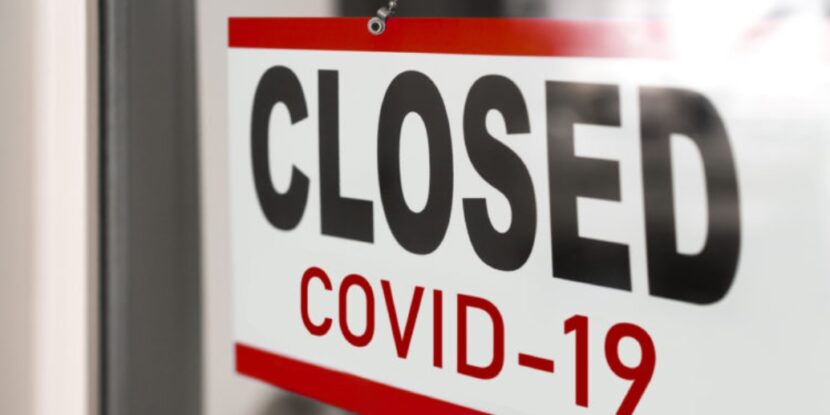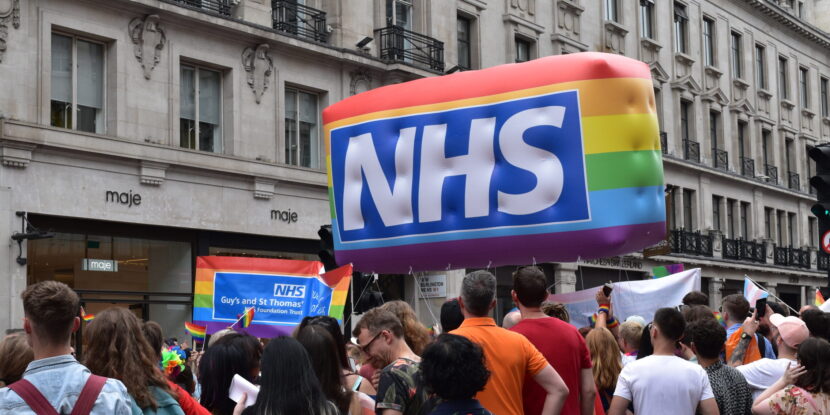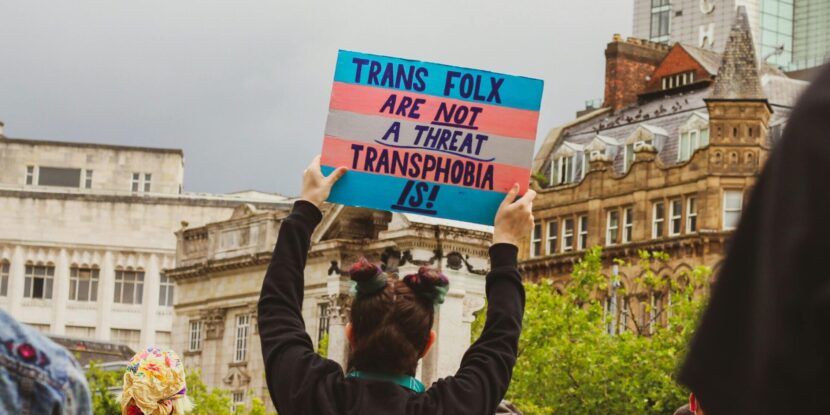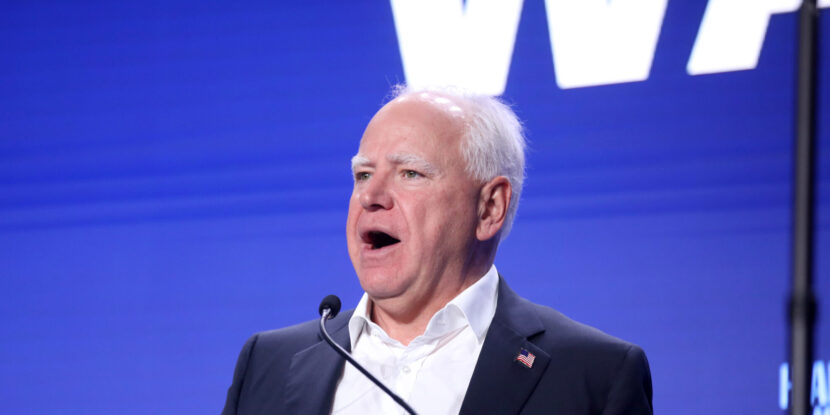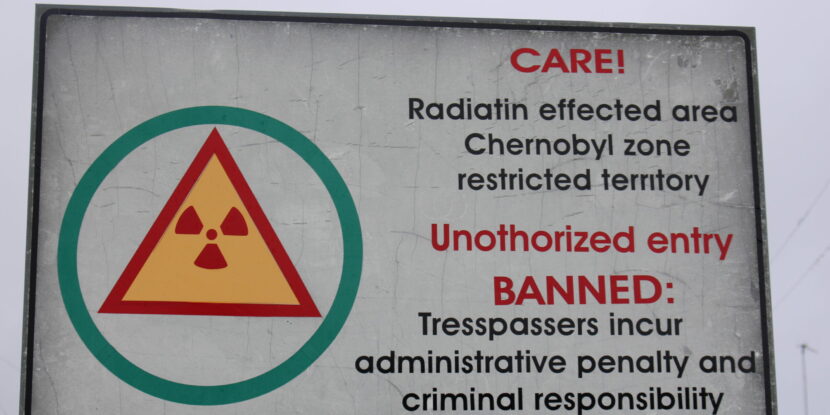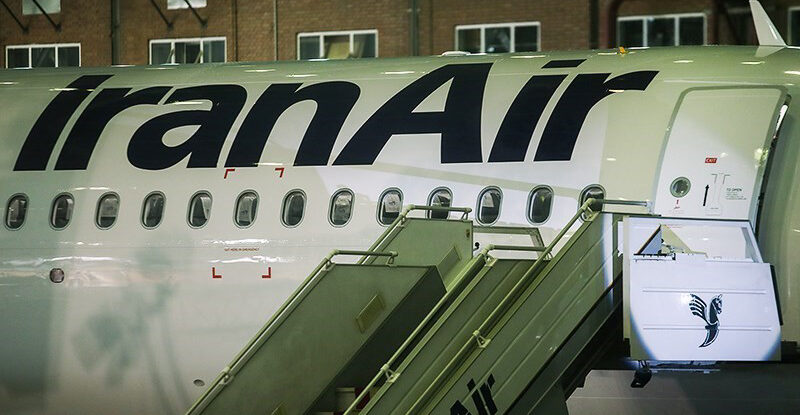Sir Chris Whitty, the Chief Medical Officer for England and Wales and Government Chief Medical Adviser, has admitted that officials “overdid it” in terms of the way COVID-19 risks were presented during the pandemic. He also admits it is likely that many people delayed seeking treatment for serious medical conditions.
“I worried at the beginning—I still worry, actually, in retrospect—about did we get the level of concern right? Were we either over-pitching it so that people were incredibly afraid of something where, in fact, their actuarial risk [of dying] was low, or were we not pitching it enough, and therefore people didn’t realize the risk they were walking into?” the technocrat said while giving evidence to the official public inquiry into the pandemic and the government’s response to it.
“I think that balance is really hard. And arguably some people would say we, if anything, overdid it, rather than under at the beginning,” he conceded.
Chief Medical Officer Chris Whitty admits “we overdid it” in terms of scaring the public about the dangers of COVID-19. (The result was that many people did not seek treatment for serious conditions.) pic.twitter.com/hiLs7nMfa8
— Jack Montgomery (@JackBMontgomery) September 30, 2024
TREATMENT DELAYS.
Whitty confessed he was “confident” officials failed to sufficiently communicate that “the [National Health Service] is open, in particular, if it’s an urgent and emergency life-threatening situation, [and] you must go to the hospital, as you usually would” during the pandemic.
“[T]here is reasonable evidence, in my view, for example, that the number of people who came into hospital with heart attacks was lower than you’d predict. So some of those people were staying at home, who otherwise would not have done, and they would have had remediable conditions,” he said.
“So the bit of it, which is, did we get it across that people should still go to hospital? I think we didn’t get it across well enough.”
Delays in treatment and diagnoses during the pandemic, along with a related backlog, have been linked to many preventable deaths. However, politicians and public health bureaucrats’ claims that the National Health Service (NHS) was working as normal but that the public failed to come forward are not supported by the evidence.
Many people did put off seeking treatment, but others, including cancer patients, made determined efforts to secure treatment, only for the NHS to cancel and repeatedly delay appointments, causing conditions to worsen beyond the point of survivability.
